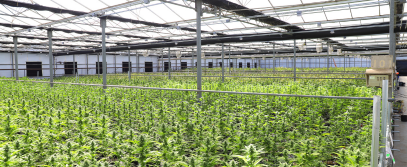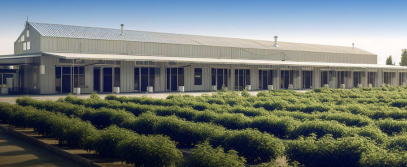Keeping Pace Critical for Cannabis Businesses Amid Strong Growth and Technology Driven Advancements

As of April 2021, 17 U.S. states plus the District of Columbia and Guam have all passed laws legalizing the recreational use and sale of cannabis for adults 21 years of age and older, although retail sales from dispensaries are not yet permitted in Vermont, D.C. and Guam. 39 states as well as the District of Columbia and Guam have legalized the use of medical cannabis. Significant regulatory steps remain to be taken, however, to pave the way for decriminalization nationwide and federal legalization in the future. Thanks to a progressive regulatory environment and expanding legalization for both medical and recreational use across the U.S. and Canada, North America accounted for more than 91% of global Cannabis market share in 2020.
Cannabis was federally legalized in Canada over two years ago and expectations were high for industry growth in that country. While the market achieved a level of $908 million (Canadian) in retail and online sales during its first year, that performance was significantly below analysts’ forecasts as the high cost of product and a lack of organization in structuring a strong retail distribution network kept many consumers loyal to their historic product sources. Having ramped production after initially experiencing product shortages, market participants saw their inventory levels climb as their warehouse shelves overflowed with unsold, limited shelf-life product. As layoffs followed across the industry and price reductions were implemented to help move product off the shelves, the value of many of these companies plummeted, resulting in massive stock market losses.
Operators in the U.S. have, and will continue to learn from mistakes made in Canada as well as from domestic missteps, many of which most certainly are yet to come. Thankfully, an otherwise tumultuous 2020 was favorable to the U.S. cannabis market, which saw recreational legalization in multiple states leading into the year. According to cannabis research firm BDSA, sales growth in the U.S. market exceeded 33% in 2020 at slightly more than $18 billion. In 2021, U.S. sales are expected to surpass $24 billion.
Growth in mature markets including California, Oregon, Washington and Colorado has been strong since the start of the COVID-19 crisis, with the newer markets including Michigan, Massachusetts and Illinois, each climbing to a level near a billion dollars at the end of 2020. Medical markets such as Arizona and Florida also experienced strong growth last year.
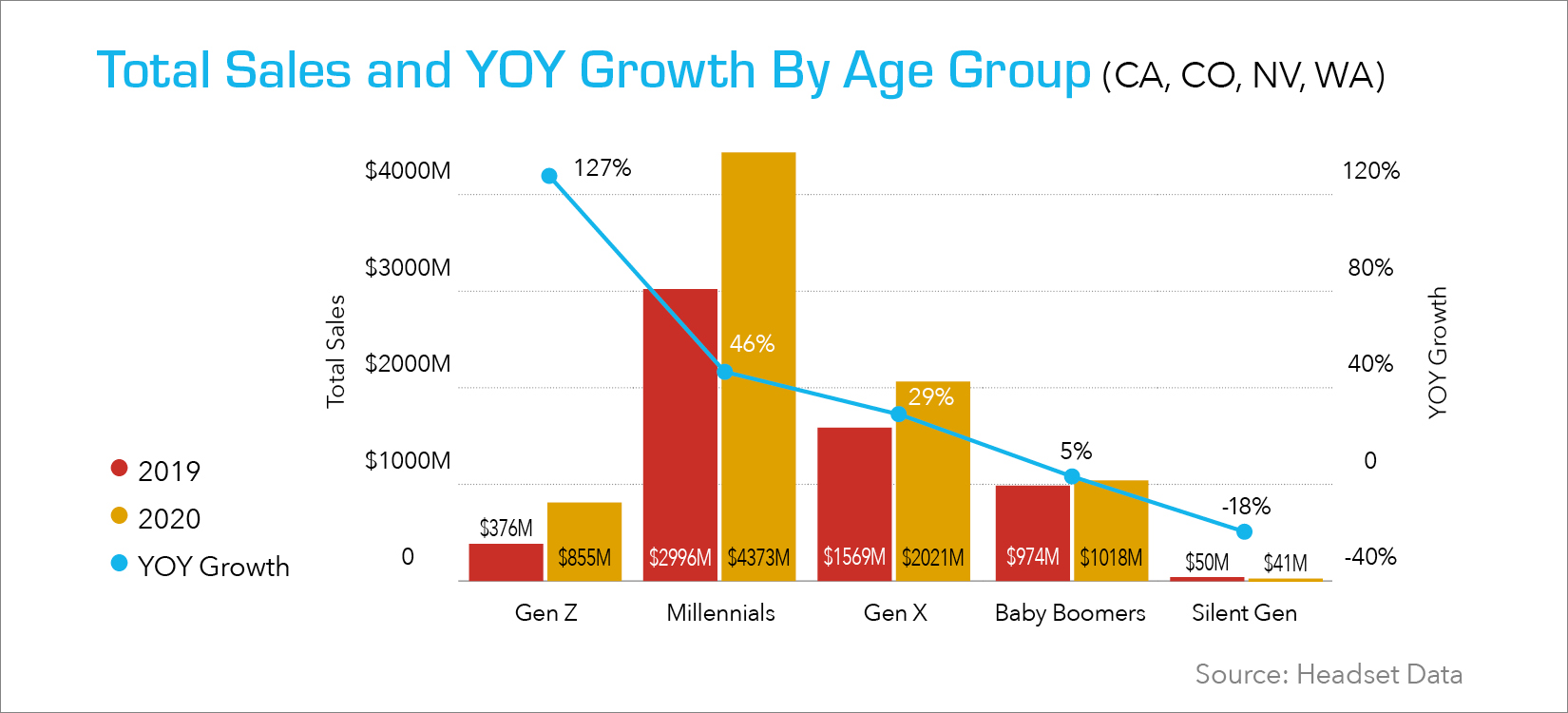
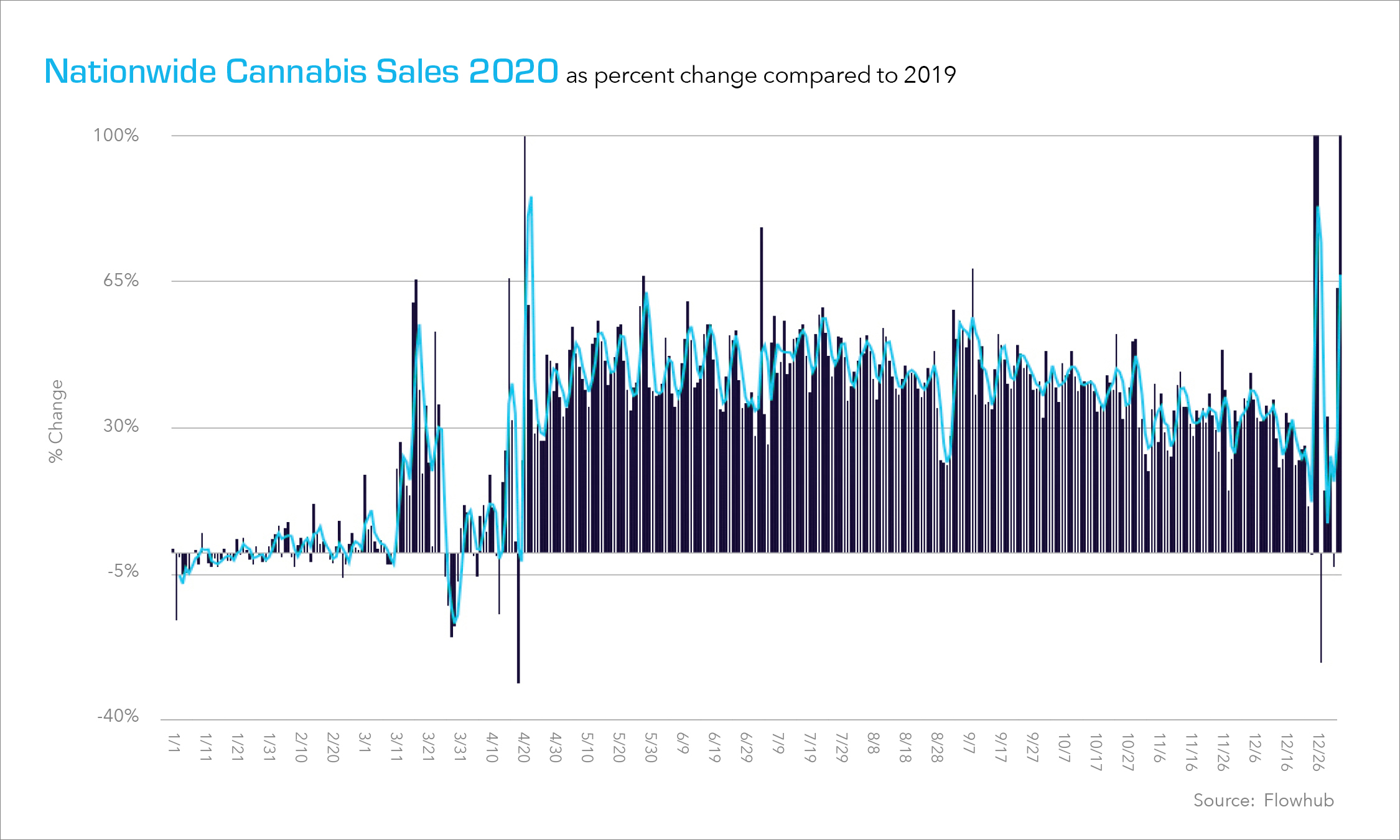
In addition to continued first-time adoption and incremental use by newer cannabis consumers, the restrictive nature of the pandemic is believed to have greatly contributed to the dramatic year-over-year increase in sales, which totaled nearly $18 billion in 2020. Even with states shut down, retail dispensary operators experienced an increase in their average order size and revenue. Increased order sizes, including a trend of stocking up in the early months of the pandemic, served to counter the effects of less frequent shopping by consumers. The ability to order online and either pick-up at curbside or have product delivered, contributed greatly to sales growth during this period. With dispensaries pivoting quickly to enable these services where they previously did not exist, Eaze, a leading California-based cannabis marketplace, noted that over the 30 day period immediately after the declaration of a national emergency in the U.S., delivery sign-ups by new customers increased by nearly 60%. A report jointly issued by Vangst, Leaflink and Flowhub also found that stores with order-ahead capabilities sold 22% more product on average as compared with stores without those services.
While we do not anticipate federal legalization of cannabis during the 2021 calendar year, we do expect to see prices decline as supply constraints and local market dominance by large providers diffuse across the growing number of new markets as they have across now-mature markets in the past. States like Illinois and Massachusetts, for example, had much higher average prices for flower, concentrates and edibles than California or Colorado. As more states come online for adult use, options and access for consumers who drive will further serve to reduce prices. Additionally, while there are currently only a handful of multistate operators, consumer preference for brand familiarity and consistency is likely to lead to their expansion to ten or more states, creating the first “national” brands in the industry over the course of the next year or so.
As the industry continues to grow in the U.S., it will be essential to not only establish an ample retail distribution structure but also to a) Keep taxes and all-in product cost at an affordable level initially to attract customers and prevent them from defaulting to their pre-existing, illegal sources for product; b) Manage the regulatory environment to ensure accessibility for smaller companies and their potential to achieve success in a fair and competitive market and; c) Ensure that those granted licenses possess significant industry knowledge and operational experience from within agriculture or other transferable industries as well as a viable strategic plan and executional framework for their venture.
Technology in the production of cannabis-based product continues to evolve at a rapid pace, making the investment for producers an ever more costly undertaking as time goes on. Many seemingly well-funded businesses, both in Canada and the U.S., have struggled with the R&D and capital costs necessary just to keep pace with the competitive market, let alone engage in continuous product improvement and innovation efforts. One company, for example, has gained some notoriety in the industry for its investment in development of a DNA test using genetic markers to predict an individual’s compatibility with certain cannabis strains. Ultimately, the test could be used to develop product that combines isolates into formulas designed to deliver a customized experience for a specific end user.
The evolution of extraction techniques is also a prime example. Extraction methodologies range from Alcohol- and Butane- to CO2-based systems. Driven by the prospects of an industry poised for continued extensive growth in the coming years, manufacturers continue to introduce more advanced and efficient equipment at a rapid pace. Cultivators and growers, in turn, have little option but to keep pace even though the equipment they are replacing may be only one or two years old. Two factors make matters even worse for producers. First, given the widespread nature of this cycle across the industry, a glut of this equipment has become available. Second, while fans, LED lighting, weighing systems, mixing tanks, disinfection systems and certain other items can be remarketed and sold into other industries, much of the equipment utilized in the cultivation and production of cannabis-based product is so specialized, that there is little or no other viable market to absorb the surplus now available. As a result, a $5 million investment in cultivation or extraction equipment just a year or two ago, might now yield only a fraction of that at auction.
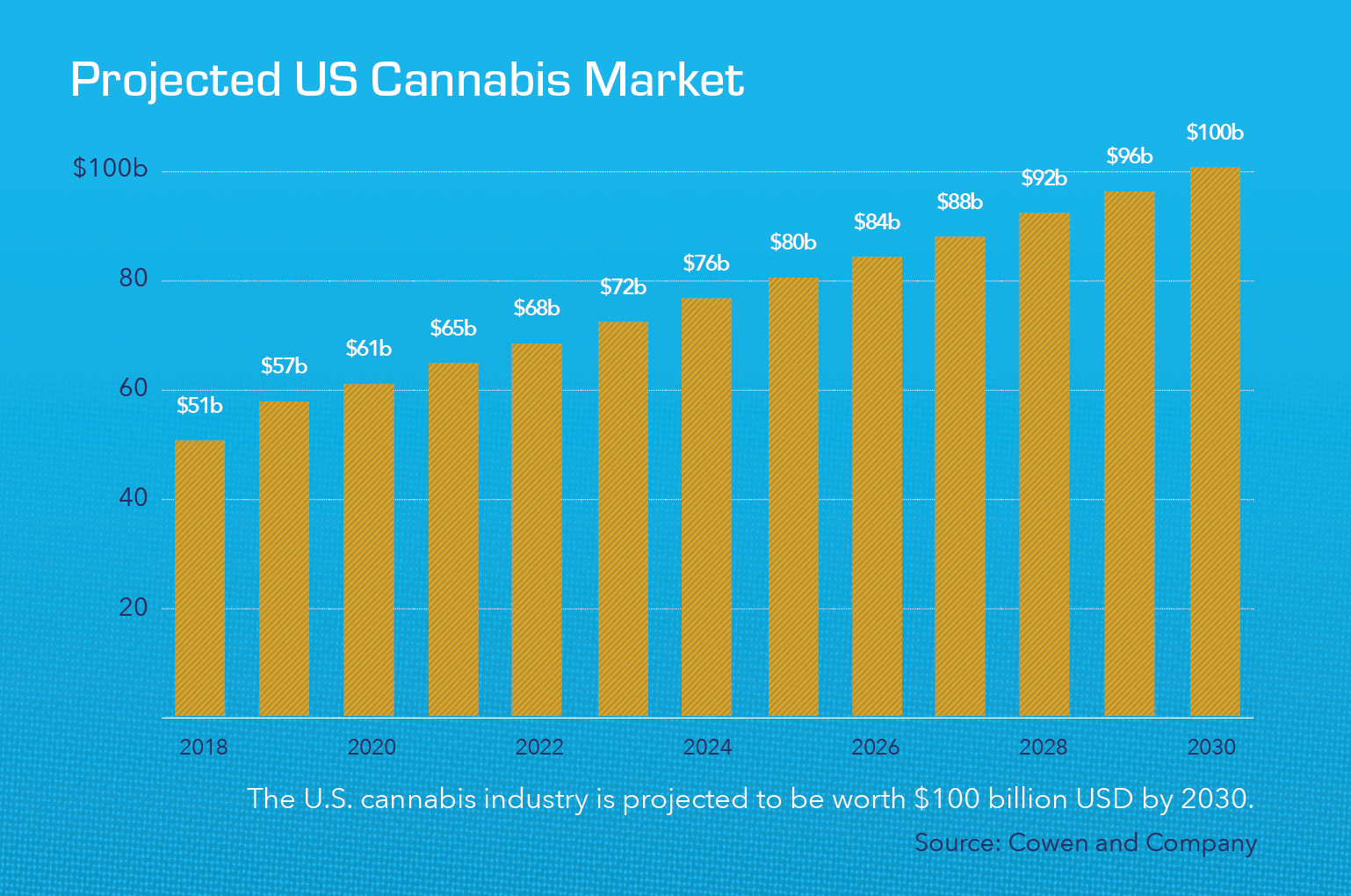
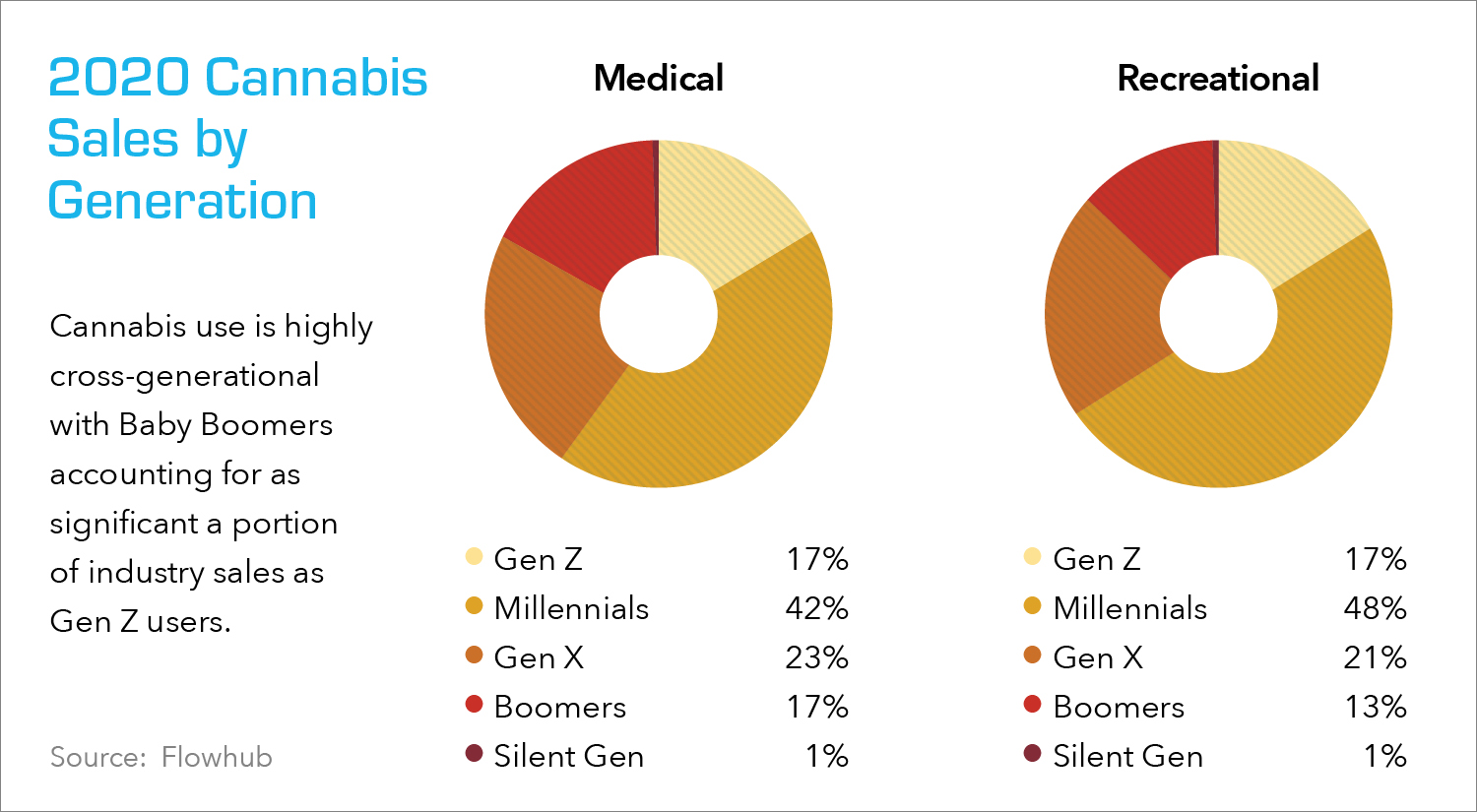
According to a 2021 study conducted by Vangst, 50% of plant-touching cannabis companies now include retail operations, 50% have cultivation operations, and 47% have lab/extraction operations. This is a trend we expect to see continue and expand as more well-funded operators enter the industry with their sights set on controlling all aspects of the business from R&D and supply chain to distribution as a means of controlling and safeguarding their own future success.
Here, it is important to also note that the high costs associated with real estate can add further challenges to market participants. As businesses aggressively pursue high demand, prime locations for dispensaries, they often find themselves paying two- to three-times market rate to secure an ideal footprint for cannabis sales. Stringent security and foot traffic flow requirements mandated by local laws, as well as recent commodity price spikes, have led to sky-rocketing development costs upwards to $500 per square foot. We are seeing all-in development costs now easily reaching $1,000 to $1,500 per square foot.
The 2020 election results strongly favor a future nationwide cannabis presence, with all medical and recreational market ballot measures passing and South Dakota becoming the very first state to legalize both recreational and medical marijuana at the same time. Given that one in every three U.S. citizens now lives in a “legal” state, and with Democrats controlling both the Senate and House, the legislatures of remaining states are more likely to follow suit. New York is already on that path and much of the east coast is likely to follow. As referenced earlier, while we do not expect federal legalization in 2021, we do anticipate momentum toward that end throughout the year and into 2022 with groups such as the recently formed U.S. Cannabis Council leading the charge.
Additionally, pro-cannabis banking legislation, which was passed by the U.S. House in mid-April of this year, is next headed to the Senate. If the bill passes there, a safe harbor will be created that enables depository institutions to conduct business with cannabis clients. This access to previously unavailable financing and investment sources, would provide the long awaited spark needed to dramatically accelerate growth and innovation across the industry.
Whether you operate a business directly or you have industry exposure in your loan portfolio, Hilco has been actively engaged across the cannabis market throughout the pandemic and can provide you with insight and guidance based on your unique valuation, acquisition or disposition needs.
Maintaining a thorough, up-to-date understanding of equipment liquidation values in the present environment is critical, particularly given downward price pressure stemming from both the high prices paid only a couple of years ago when so many buyers were rushing to market, and the rapid pace of continuously evolving extraction and other industry technology. Given these and other factors, the cannabis auction marketplace is highly complex right now as well, and Hilco has the data and resources you need to make well-informed, well-timed decisions that can return maximum value. Lastly, our real estate appraisal team can help free up needed capital currently committed to owned real estate through sale, leaseback and other deal structures customized to a grower’s, distributor’s or dispensary’s unique needs and designed to unlock maximum value from those assets within the shortest possible timeframe. With all of this in mind, we encourage you to reach out to us today to learn more. We are here to help!
Hilco Commercial Industrial
Hilco Commercial Industrial (HCI) is the preeminent global leader in providing advisory, valuation and monetization solutions to the commercial & industrial sector. The company’s highly tenured team has managed billions of dollars in transactions for thousands of clients around the world. With the ability to act as either a principal or agent, HCI is able provide clients with asset acquisition, disposition and advisory solutions, as well as the capital needed to derive maximum profits from their assets. HCI’s unique, unified solution for special situations leverages its extensive sector knowledge alongside Hilco’s vast experience across every asset class and its position as the world’s largest appraisal firm. This ensures that clients receive highly customed, creative and effective monetization solutions tailored to their unique needs and designed to deliver the broadest access to a global network of highly qualified buyers and sellers.
HCI is part of Northbrook, Illinois based Hilco Global (www.hilcoglobal.com), a world leading authority on maximizing the value of business assets by delivering valuation, monetization and advisory solutions to an international marketplace. Hilco Global operates more than twenty specialized business units offering services that include asset valuation and appraisal, retail and industrial inventory acquisition and disposition, real estate and strategic capital equity investments.
Hilco Real Estate Appraisal
Hilco Real Estate Appraisal provides fee-owned and leasehold valuation services, cost segregation analysis, and tax appeal services to the cannabis and other industries. Our team is led by some of the industry’s most respected advisors, consultants, authors and lecturers. All services are conducted by a seasoned staff of real estate analysts and appraisers and valuations can be subjected to a reality test by Hilco Real Estate’s property disposition and acquisition experts. Hilco’s management has decades of experience in mitigating assessments and lessening real estate tax burdens for our clients. Our property valuation experts work closely with marketing and disposition specialists, receiving up-to-the-minute market trend data reflecting the reality of current market conditions for the sale of owned assets and the mitigation/subleasing of leased portfolios.



